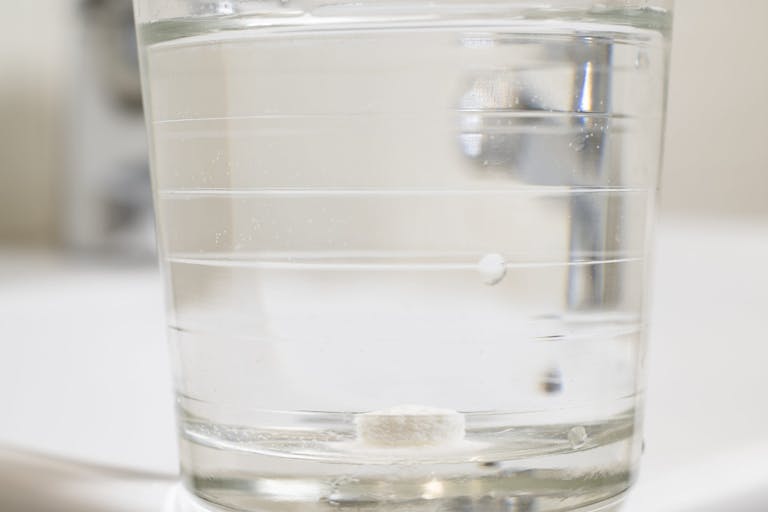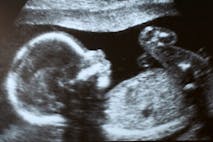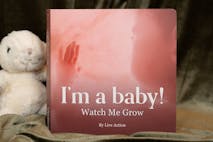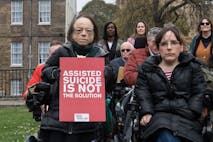
Ohio doctor charged with six felonies for forcing abortion pill on woman
Bridget Sielicki
·
Guest Column
Right to Life UK
·
Abortion Pill
Bridget Sielicki
·
Human Interest
Nancy Flanders
·
Investigative
Nancy Flanders
·
Issues
Bridget Sielicki
·
400k+ Readers Strong & Growing
News & Commentary from
A Pro-Life Perspective
As the news arm of Live Action, we educate the public and advocate for preborn rights by providing timely, accurate, and compelling news and stories about the pro-life movement.

Guest Column
Right to Life UK
·
Abortion Pill
Bridget Sielicki
·
Human Interest
Nancy Flanders
·
Investigative
Nancy Flanders
·
Issues
Bridget Sielicki
·
International
Angeline Tan
·
Politics
Tyler O'Neil
·
Pop Culture
Nancy Flanders
·
International
Cassy Cooke
·
Politics
Madison Evans
·
Human Rights
Carole Novielli
·
International
Cassy Cooke
·